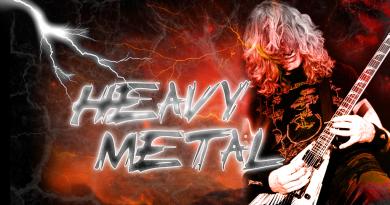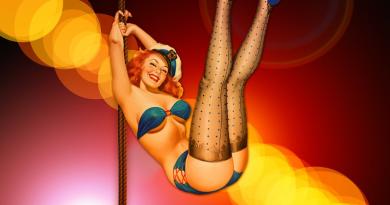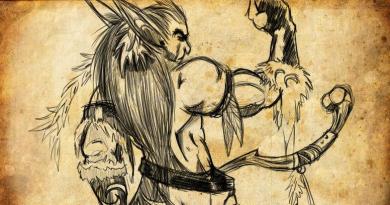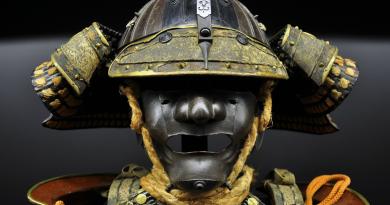Previously: Ancient Batman
With the fall of Rome we see the Batman tradition diverging into the intricate religious tableaux of the Byzantines (ended by the notorious "Batman versus Jesus" graphic novel), and a number of rather ambiguous comics by anonymous Dark Age authors. Outside of China's largely unstudied Batman archives of the period, the myth seems to have almost died in the civilised world. Even so, Batman appears numerous times in Anglo-Saxon sagas, generally with a beard and an axe, and several drunk scholars told me in the pub last night that they reckoned Beowulf was actually about Batman.
After the chaos of the early middle ages, we see the formal tradition of Batman writing resurface again with Geoffrey Chaucer's "Chronicles of the Battemanne" in the middle of the fourteenth century. Recently discovered drafts of the Canterbury Tales seem to suggest that Batman was one of Chaucer's original pilgrims, and archaeologists of the period are currently discovering evidence that the nameless author of "sir gawayn and the grene knight" may have penned a run of Robin spin-off comics parallel to Chaucer's efforts with the Caped Crusader (who in a memorable series of comics did in fact join the second crusade and sack Jerusalem, during its fictional occupancy by a partially Islamicised Joker).
Authorship passed through the hands of many of the great mediaeval writers, before rising literacy in the early renaissance made Batman a firm favourite with the lower classes in many European cities. In England, Edmund Spenser made a dismal attempt to turn Batman into a nationalistic allegorical epic before bursting into tears and giving the project over to less ambitious contemporaries. As Batman comic pamphlets began circulating round the slums of Elizabethan London, the story drew the attention of the age's great playwrights. Unknown to many, Shakespeare actually wrote for Batman just after penning "Romeo and Juliet", before switching to the more mainstream Superman, which he remained penning in between plays for the rest of his life. With Kit Marlowe engaged heavily in writing a long run of "The Incredible Hulke", it fell to the bawdy comic playwright Ben Jonson to interpret the Dark Knight, which he did with considerable gusto. Jonson's Batman takes a detour from the familiar thematic territory of vigilante crime fighting, with the hero running a whorehouse with the penguin and finding increasingly witty ways to swindle money from Commissioner Gordon. This period also sees the glory days of Batman's butler Alfred, who constantly outwits his master and uses his batcave to run a fake apothecary's shop. Jonson and Shakespeare both used Batman's secret identity Bruce Wayne to craft hilarious and farcical plots of masquerade and mistaken identity, and used the device of crossdressing to allow incidents such as catwoman's famous love affair with Batgirl disguised as Robin.
Meanwhile on the continent, several Italian writers were trying their hand at a Renaissance interpretation of Batman. Machiavelli's run of issues, illustrated bizarrely by Heironymous Bosch, are much celebrated for their insanely complicated plots and horrendous political twists. Machiavelli's run ended with Batman ruling Gotham with an iron fist, which was quickly passed off as an alternate timeline story by British philosopher Francis bacon as he took exclusive control of the comic in the later days of the Renaissance. bacon took a long look at Batman's scientific skills, and reaffirmed his role as a detective first and a vigilante second. Unfortunately, bacon's comics - although having the King as patron - failed to capture the public imagination with their total lack of illustration and lengthy treatises on human knowledge instead of actual stories, and so authorship was shunted to other less high-powered minds. The next luminary to pick up the story was the blind poet John Milton, who decided to retell the timeless Batman stories of the classical age in verse. His extremely prodigious run of the comic has been under fire from moral authorities ever since, for supposedly identifying too sympathetically with the character of the Joker.
Tomorrow: Batman in the Victorian era.
Batman Through The Ages (Part II)
What do you think, did we get it right? Comment here...
Popular Content
WANT MORE FUNNY LIKE THIS? FOLLOW US ON FACEBOOK









